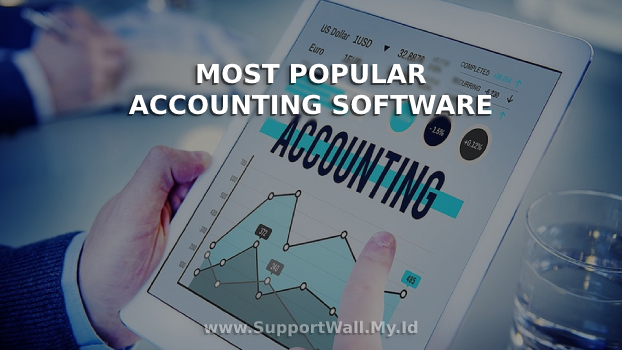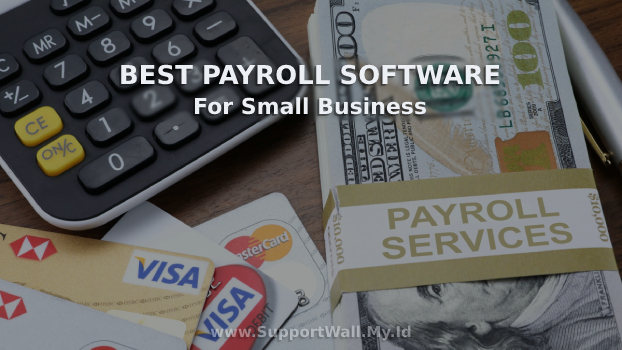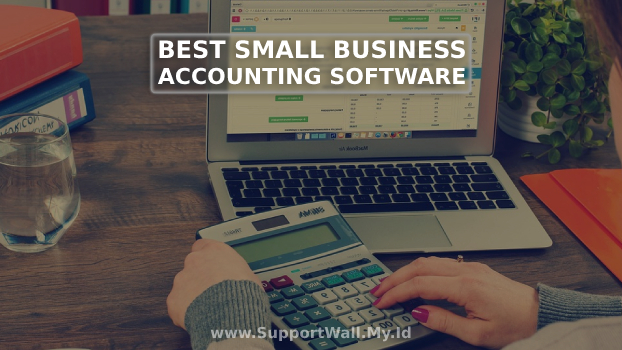Apply for a Loan for Small Business: A Comprehensive Guide

SMEs are the backbone of the economy for Apply a Loan. They provide employment opportunities, drive innovation and contribute significantly to the growth of the country’s GDP.
But starting and running a small business is no easy task. It requires a lot of effort, dedication and financial resources.
You may also need additional funds to take your business to the next level. That’s where small business apply for a loan come in.
In this article, we are able to manual you thru the procedure of making use of for a mortgage for small business.
We will cowl the whole thing from know-how the unique varieties of loans to be had to small businesses, to the documentation required. And guidelines for enhancing your possibilities of having approved.
Types of Loans for Small Business
Before applying for a small business loan, it is important to understand the different types of loans available Here are some of the most common credit types:
1. Small Business Administration (SBA) Loans
These are loans guaranteed by the Small Business Administration, a US government agency. SBA loans are design to help small businesses that are not eligible for traditional bank loans.
2. Term Loans
A term loan is a loan that is repay over a period of time, usually 1 to 10 years. These loans are ideal for businesses that require large amounts of capital for specific purposes such as: B. Expand your business or purchase new equipment.
3. Business Lines of Credit
A business line of credit is similar to a credit card in that it gives businesses access to a revolving line of credit that can be use for a variety of purposes. Companies pay interest only on the funds they use.
4. Equipment Loans
Equipment loans are specifically designed to help businesses purchase new equipment and machinery. A purchased device usually serves as collateral for a loan.
Requirements for Applying a Loan for Small Business
To apply for a small business loan, you must meet certain requirements Here are some of the most common requests:
1. A Solid Business Plan
Before you apply for a loan, you need a solid business plan. A business plan should outline goals, strategies, financial projections, and other important details about your business.
2. Collateral
Depending on the type of loan you are applying for, you may be required to provide collateral. Collateral is an asset that you pledge to the lender to secure the loan.
3. Good Credit Score
Credit rating is an important factor that lenders consider when deciding whether to approve a loan application. A good credit rating increases your chances of getting loan approval.
Also Read: How To Get Affordable Small Business Health Insurance Quotes
Tips for Improving Your Chances of Approval
Getting approve for small business loans can be difficult, but there are steps you can take to increase your chances of getting approve. Here are some tips:
1. Improve Your Credit Score
Improving your credit score is one of the most important steps to increasing your chances of getting a small business loan.
A credit score is a measure of creditworthiness and indicates to lenders that you are likely to repay your debts on time.
Good credit can help you get lower interest rates and better credit terms, but poor credit can make it harder to get all kinds of loans approve.
2. Choose the Right Lender
Choosing the proper lender is essential while making use of for a mortgage for small enterprise. Not all creditors are created equal, and it’s far crucial to do your studies to discover a lender this is the first-rate match in your enterprise needs.
Also Read: How To Choose the Right Lender For Loan in Small Business
3. Prepare a Strong Business Plan
Preparing a strong business plan is essential when applying for a loan for small business. A well-written business plan not only helps you organize your thoughts and goals but also shows lenders that you have a clear plan for your business and a solid understanding of its potential.
4. Provide Adequate Collateral
Providing adequate collateral is an important factor to consider when applying for a small business loan.
Collateral is an asset that can be pledge as collateral for a loan. A lender may require collateral to reduce risk and ensure an opportunity to recover funds if the borrower defaults on the loan there is.
5. Be Prepared to Answer Questions
When applying for a small business loan, it’s important to be prepare to answer questions from the lender.
Lenders can ask a variety of questions to assess the company’s financial health and ability to repay the loan.
Being prepare to answer these questions can show your knowledge and commitment to the business and increase your chances of getting a loan approve.
Conclusion
Applying for a small business loan can be a daunting task, but with the right knowledge and guidance, it can be much easier.
Understanding the different types of credit available, application requirements, and tips to increase your chances of approval will help you move through the credit application process with confidence.
So take the time to research your options, prepare your application thoroughly, and choose a lender that fits your business needs.




